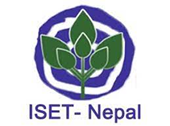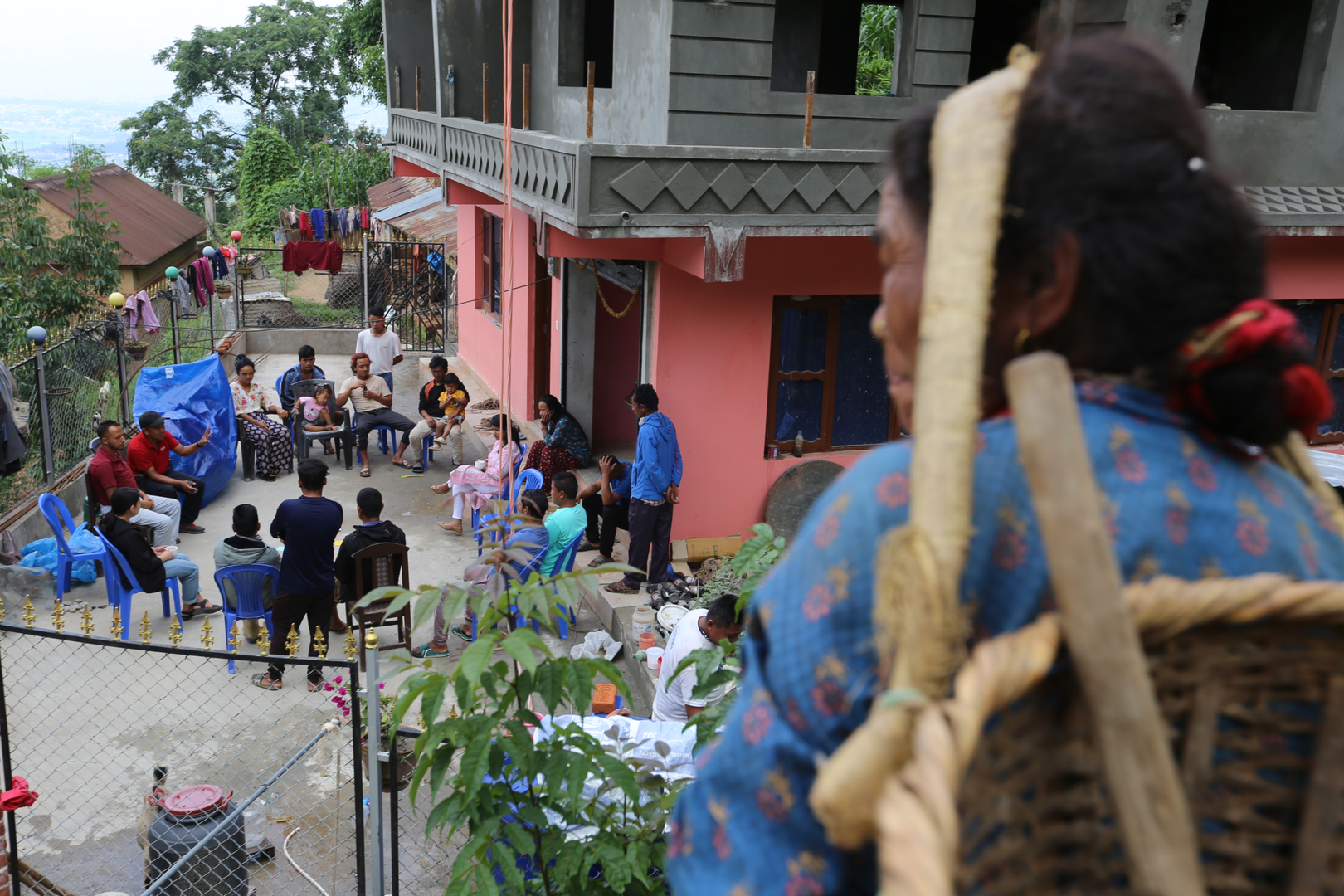The Issue
In the Nepalian municipality of Changunarayan, challenges posed by disasters and climate change are becoming ever more evident. The municipality’s rapid urbanization, mixed landscape, fragile geology, and climate change impacts, make it highly susceptible to numerous disasters, ranging from landslides, floods, lightning strikes, and fire outbreaks. Moreover, factors like increasing air pollution, inadequate open spaces, and insufficient infrastructure exacerbate the vulnerabilities of the population. Despite some progress in disaster preparedness and management, the municipality lacks sufficient capacities to effectively mitigate and respond to these challenges.
This underscores the need for external support to fortify urban resilience through collaborative partnerships. The project aims to enhance the preparedness and response capabilities of local authorities and communities, foster collaboration with the private sector, and contribute to the establishment of resilient urban municipalities. Targeting vulnerable groups such as women, youth, and marginalized communities, the project seeks to address not only immediate disaster risks, but also long-term challenges related to social exclusion and economic resilience.
The Project
The Nexus Plus project employs a multifaceted approach to address the challenges faced by Changunarayan municipality. It focuses on institutionalization, livelihood support, and capacity building to enhance urban resilience through collaborative partnerships. The project aims to boost the preparedness and response capabilities of local authorities and communities by engaging in extensive research on disaster risk reduction (DRR) and management, conducting feasibility studies for nature-based solutions, and promoting digital awareness campaigns on various environmental hazards. By involving diverse stakeholders, including women, youth, local representatives, government officials, and business entities, the project seeks to promote policy advocacy, knowledge management, and economic resilience. Additionally, it supports small-scale nature-based mitigation options, electricity safety auditing, and lightning strike safety measures. Overall, the project endeavors to create a more resilient urban municipality by addressing both immediate disaster risks and long-term socio-economic vulnerabilities.

The Change
The Nexus Plus project aims to significantly improve the resilience of Changunarayan Municipality to disasters and climate change. It will achieve this by enhancing preparedness and response capabilities through funding for disaster risk reduction (DRR) operations and extensive research. This will enable quicker and more effective management of disaster risks. Additionally, the project will improve disaster risk governance at the municipal level, aligning it with local and national policies for more efficient risk management. Economic resilience will be promoted through livelihood support initiatives, such as better market access for women home-based workers, mitigating the impact of disasters on livelihoods. Feasibility studies and support for nature-based solutions in landslide risk management will contribute to more sustainable disaster mitigation approaches. Overall, the project will lead to a more resilient municipality better equipped to face the challenges of disasters and climate change.
Partners

Institute of Social and Environmental Transition (ISET-N): Is a non-profit organization which aims to build a society capable of addressing social and environmental challenges through innovative approaches and sustainable solutions. It works to conduct research and hold interactions on subjects related to environment and social development to enhance the capacity of youth through education, training, and interactions at the local, regional and national levels.
Thematic Relevance
The thematic relevance of DCA’s work in Nepal aligns with the theme of “Save lives.” By strengthening institutions, enhancing community preparedness, and supporting vulnerable groups, DCA aims to mitigate disaster risks and ultimately save lives. This commitment to disaster risk reduction and capacity-building projects in Nepal’s disaster-prone areas, emphasizing the importance of anticipatory actions and resilience-building measures to protect vulnerable communities and save lives.
About this project
Title: NEXUS-Plus: Risk to Resilience through Collective Local Actions – Making Cities Resilient
Period: 1. January 2024 to 31. December 2026.
Partner: ISET (Institute of Social and Environmental Transition)
Amount: 350,000 DKK
Outreach: 11,703 persons
Donor: DANIDA


